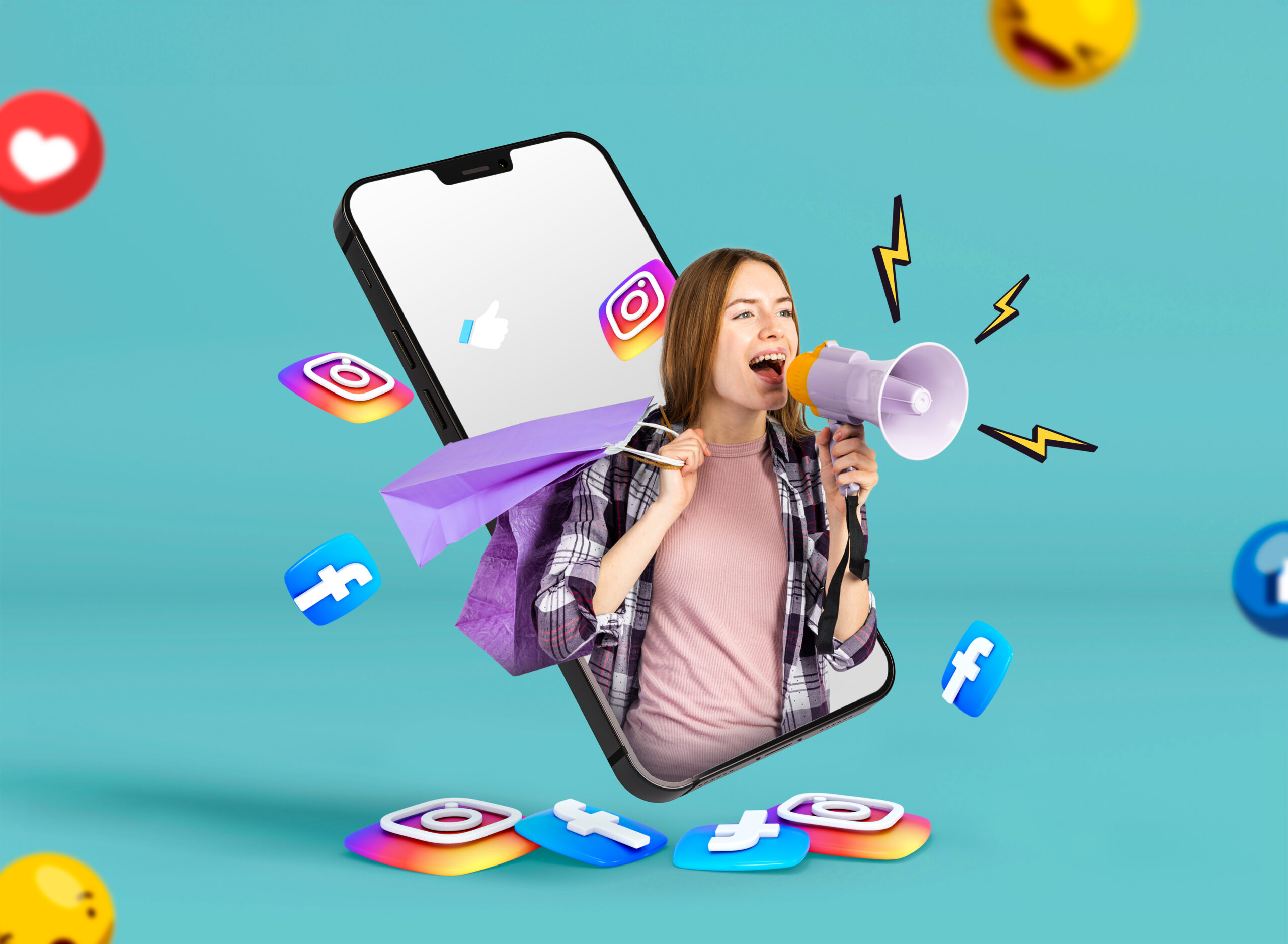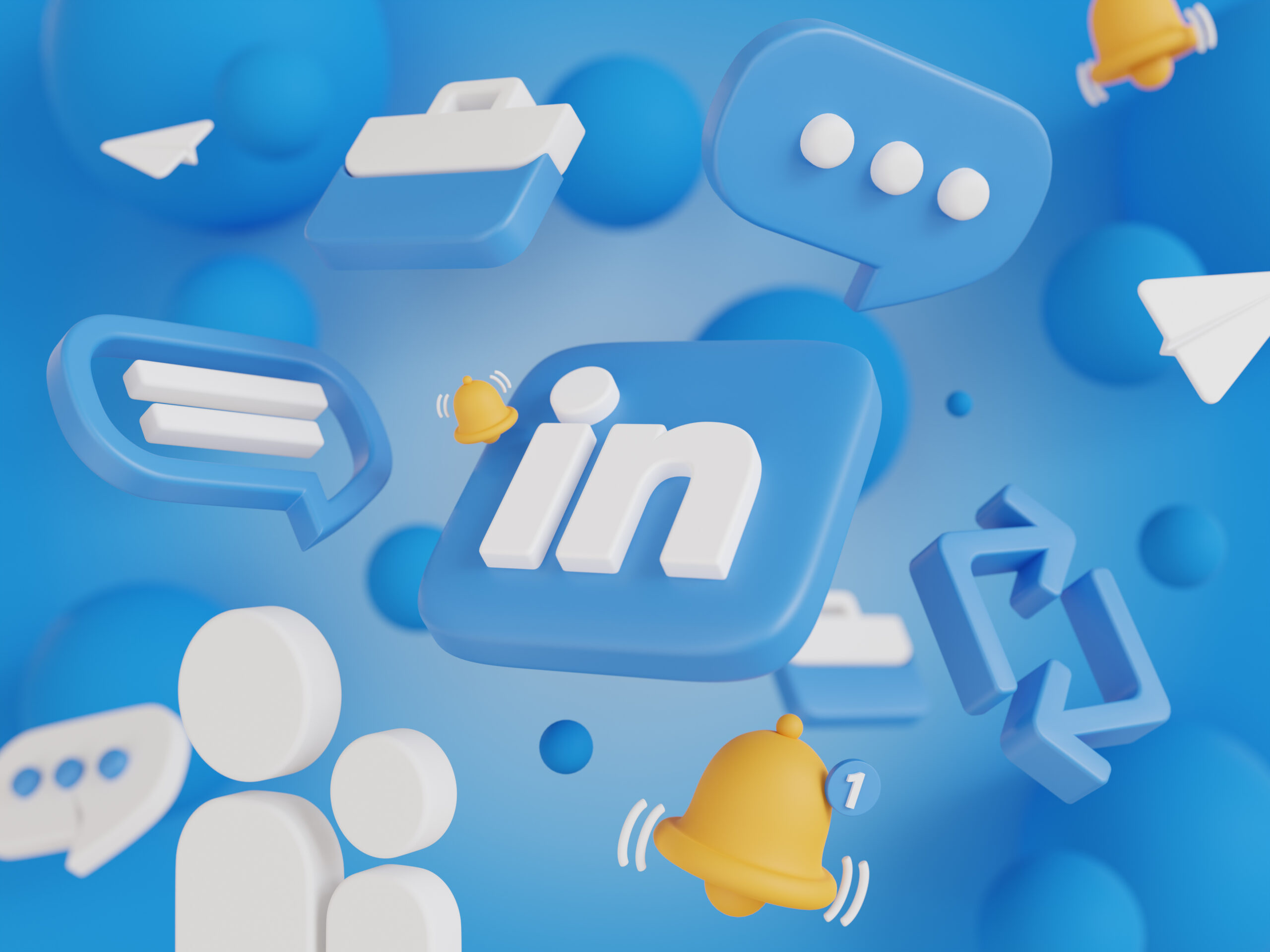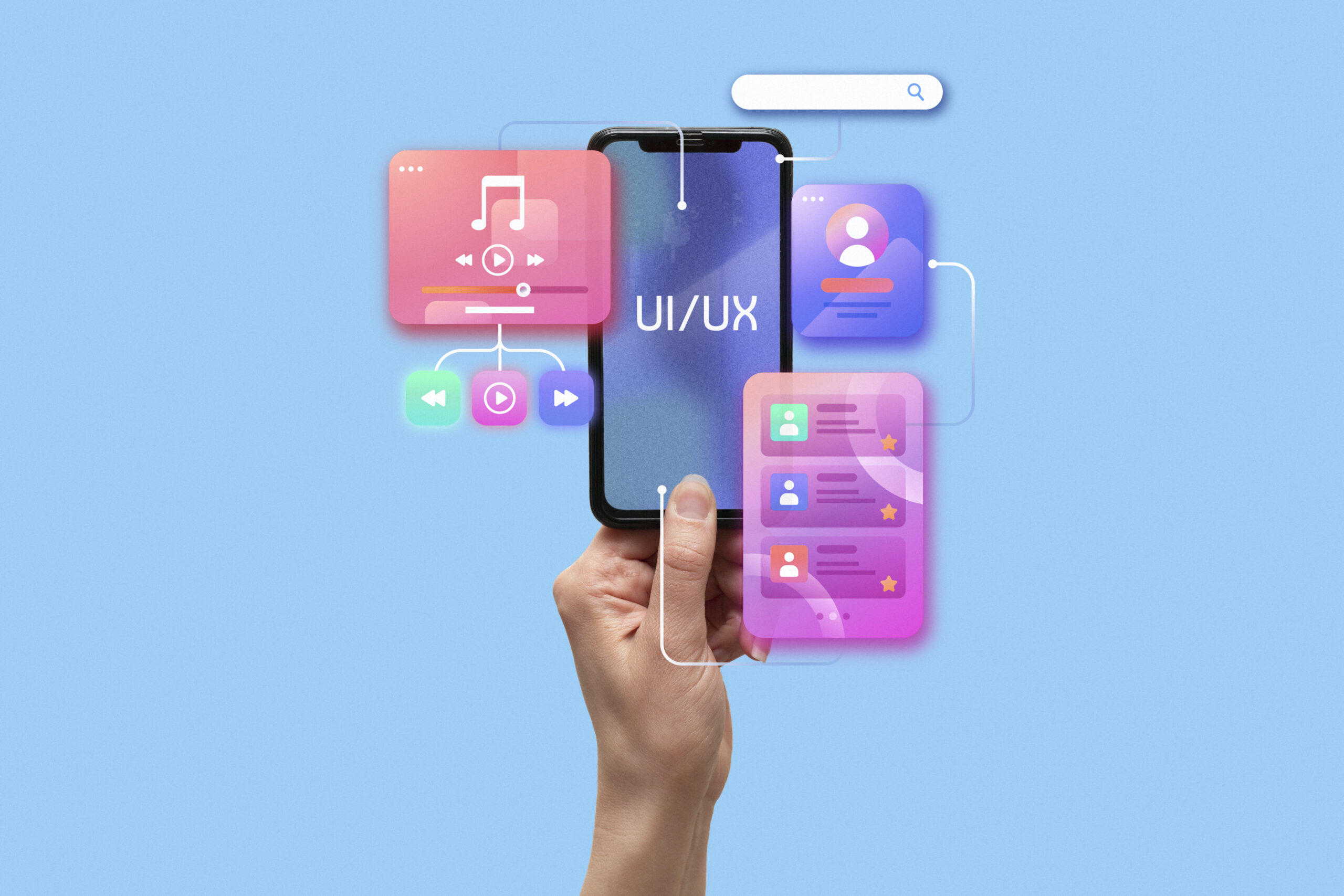The truth is, creating quality content isn’t some hectic, brain-draining task. It’s more about how you look at content—what catches your interest, what holds your attention, and what makes you stay till the last line. Every piece of content needs a clear purpose. It can be entertaining, informative, or even purely sales-driven, but it should always be direct and precise. Nobody has the time—or the patience—for content that beats around the bush. People either pay with money or time, and neither comes cheap.
And when we jump into the world of social media, things get even more interesting. With Meta’s latest update, Andromeda, there’s an even bigger push toward quality—better creatives, stronger hooks, and content that actually performs, not just fills space. Algorithms are rewarding originality now more than ever.
On the other side, SEO isn’t sitting still either. It’s getting more challenging with new implementations like AEO (Answer Engine Optimization) and GEO (Generative Engine Optimization) stepping into the game. These shifts mean content needs to be smarter, sharper, and more aligned with how people actually search today.
How can we create quality content within the latest updates?
Creating quality content in 2025 isn’t about stuffing keywords or writing long paragraphs that don’t add value. Search engines and AI-driven platforms have become smarter, and they focus more on clarity, purpose, and user satisfaction. Whether it’s SEO, AEO, or GEO, the goal is the same—to give users what they are truly looking for, most simply and helpfully.
To begin with, understand the user’s intent. Before writing anything, ask: “What problem is the user trying to solve?” When you know the intent, shaping the content becomes easier. For SEO, this means addressing specific queries with precise information. For AEO—where AI assistants read and summarize your content—you need to provide direct, crisp answers. For GEO, which deals with generative models pulling content snippets, your writing should be structured cleanly with clear headings, bullets, and factual lines.
Quality also comes from making content easy to read. Use short sentences, simple words, and break long ideas into sections. This helps readers stay engaged and helps AI systems understand your content better.
Next, focus on authentic value. Add examples, data, steps, or insights that users won’t find everywhere. AI rewards originality. Avoid filler lines and get straight to the point.
Finally, optimize the technical side:
- Use proper metadata
- Keep paragraphs scannable
- Add internal links
- Maintain correct formatting
Whether a person reads your article or an AI engine scans it, clarity and usefulness decide its ranking. Quality content in 2025 simply means: write with purpose, answer directly, and make every line worth the reader’s time.
How Can We Improve Content Quality for the Andromeda Update?
Andromeda is Meta’s latest update that changes how ads are delivered and how content performs on the platform. Instead of relying too much on tight audience targeting, Andromeda focuses on the quality of the creative itself—your visuals, your copy, your hooks, and how clearly your message connects with the user. The system uses stronger AI models and faster processing to understand what kind of content works best for different people. In simple words, if your content is strong, the algorithm will push it further.
How Andromeda Works for Content?
The update focuses on how users respond to your ad or post. It studies the message, the style, the format, and even the emotion it gives. Based on that, the algorithm decides which creative to show to each user. This means your content becomes the main signal. Not the audience filters you set.
It also prefers broader targeting because the system wants more room to test which creative works work for which person. Your job is to give Andromeda enough creative options so it can learn faster and deliver better results.
How to Create Content That Works for Andromeda?
- Create multiple versions of your content
Don’t stick to one angle. Make different hooks, tones, and visuals. One ad can focus on benefits, another on pain points, another on emotions. The algorithm needs variety to understand what performs best. Like you can create a poster carousel and video content to test which is performing
- Refresh your creatives often
Outdated creatives stop performing. Keep updating your hooks, formats, and design style to keep both the audience and algorithm interested. - Make the landing experience match the ad
If your ad talks about a specific offer, the landing page should continue the same message. When the journey is smooth, the update rewards you with better delivery.
Creating Quality Content for Organic Audience in 2025
Creating quality content for an organic audience in 2025 is all about clarity, purpose, and genuine value. People scroll fast, skip faster, and only stop when something truly speaks to them. So the first step is simple: know your audience. Research what they search for, what problems they face, and what style of content they enjoy. When you understand their needs, your content naturally becomes sharper and more relevant.
Quality content doesn’t come from fancy words or long paragraphs—it comes from giving useful information simply and engagingly. Break your ideas into small sections, use short sentences, and keep your message clear. Whether you’re writing for SEO, AEO, or GEO, your content must answer real questions directly. The easier it is to read, the better both users and AI platforms will respond.
Another important part of quality content is originality. Instead of repeating what others have already said, add your own examples, experiences, and insights. Share fresh angles, real-time situations, or simple breakdowns that make the topic easier to understand. Organic audiences love content that feels real, not recycled.
Testing and trying new formats also make a huge difference. Don’t stick to the same style every time—experiment with carousels, short videos, infographics, or list posts. Track what works and refine it. Algorithms reward consistency, creativity, and user engagement.
Lastly, match your message across all platforms. If your post promises something, your website or landing page should continue the same story. A smooth experience builds trust, increases retention, and strengthens your organic reach.

















